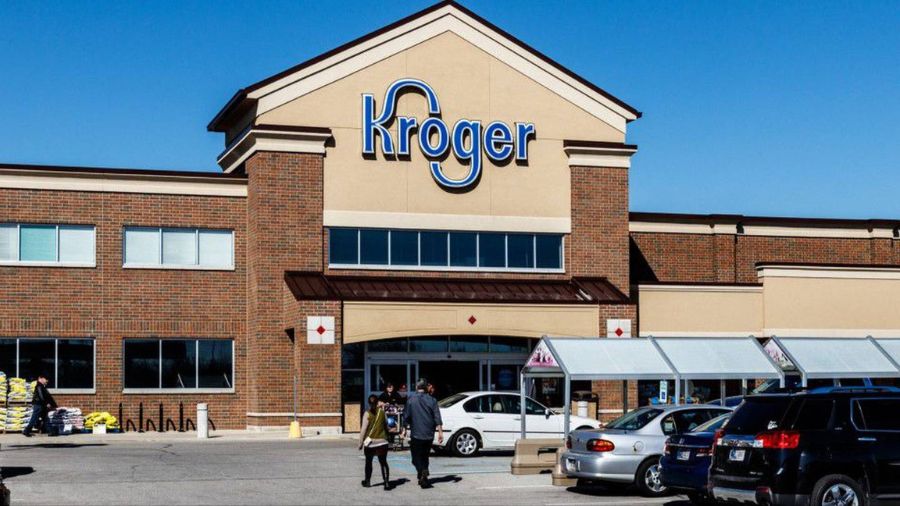Seattle kills $4-per-hour hazard pay for grocery workers, effective next month
Aug 2, 2022, 6:04 PM | Updated: Aug 3, 2022, 1:39 pm

(Photo by Francis Dean/Corbis via Getty Images)
(Photo by Francis Dean/Corbis via Getty Images)
Seattle’s city council voted 5-2 to end mandatory pandemic hazard pay for grocery store workers.
The end to the extra $4 per hour workers are receiving takes effect 30 days after the legislation is approved by Seattle Mayor Bruce Harrell.
When the $4-per-hour hazard pay was imposed, the Northwest Grocery Association (NWGA) and the Washington Food Industry Association (WFIA) filed a lawsuit against the City of Seattle, accusing the city of violating both the constitution and collective bargaining rights by passing the $4-per-hour “Hazard Pay” wage increase, which was applied during the COVID-19 pandemic.
This coincides with Gov. Jay Inslee’s decision last Friday, announcing he will rescind 12 decrees under his COVID-19 emergency authority, saying they are no longer needed in response to the pandemic.
Inslee to rescind 12 emergency decrees related to COVID-19
PCC Community Markets reported an 86% reduction in dividend payments for its members, directly attributable to the $4 hazard pay imposed by the King County Council and the Seattle City Council in February 2021.
According to the Washington Policy Center, a free-market think tank located in Seattle, Olympia, Spokane, and Richland, increases to hazard pay would result in store closures and job losses.
Councilmembers Tammy J. Morales and Kshama Sawant opposed ending the increase in pay while Councilmembers Lisa Herbold and Teresa Mosqueda were absent during the vote.
“As the BA.5 COVID variant surges, and as inflation stretches workers’ paychecks to the breaking point, Mayor Harrell, big business, and the City Council Democrats have shamefully cut grocery workers’ wages by $4 an hour,” said Sawant at the council meeting. “Grocery workers and all frontline workers have made incredible sacrifices during the pandemic, and they deserve a raise, not a pay cut.”
Some citizens spoke in favor of keeping hazard pay during the meeting’s public comment period, including Seattle grocery worker Anne Woodford, who called out council members for still working remotely.
“For Seattle city council to be calling this vote to end hazard pay for the seventh time while a majority of you are working remotely is shameful,” Woodford said during the public comment section of the council meeting. “If you want to end hazard pay, get back to the office, show up in person, and put yourself at risk with the general public like what grocery store workers do every day.”
She said nearly 20% of workers at her store caught COVID last month.
One councilmember stated a new union contract has been negotiated, meaning many store workers will get at least $4 an hour more starting next month, but Sawant countered this, claiming it’s untrue.
“The new contract states that the 2022 pay increases are ‘effective on the first day of the contract or the first Sunday after Hazard pay ends, whichever is later, but no later than Aug. 28, 2022.’ In other words, union workers will get their deserved pay increases on Aug. 28 — which is before this bill would even take effect — whether or not Seattle’s hazard pay remains,” said Sawant.
Providence nurses demand hazard pay amid staffing shortage
Last month, several nurses from Providence Regional Medical Center spoke to the Everett City Council yesterday, asking for the city to mandate hazard pay for nurses during the current staffing shortage at the hospital.













